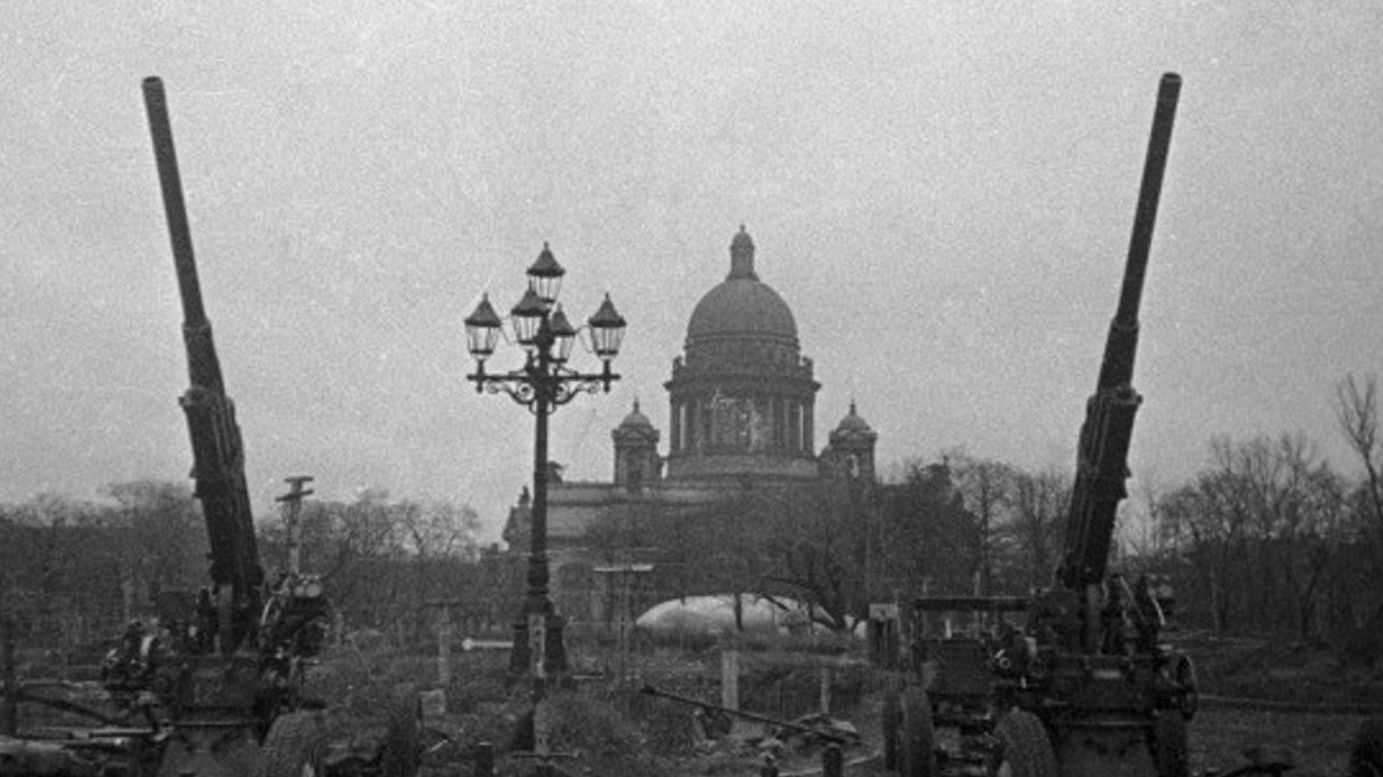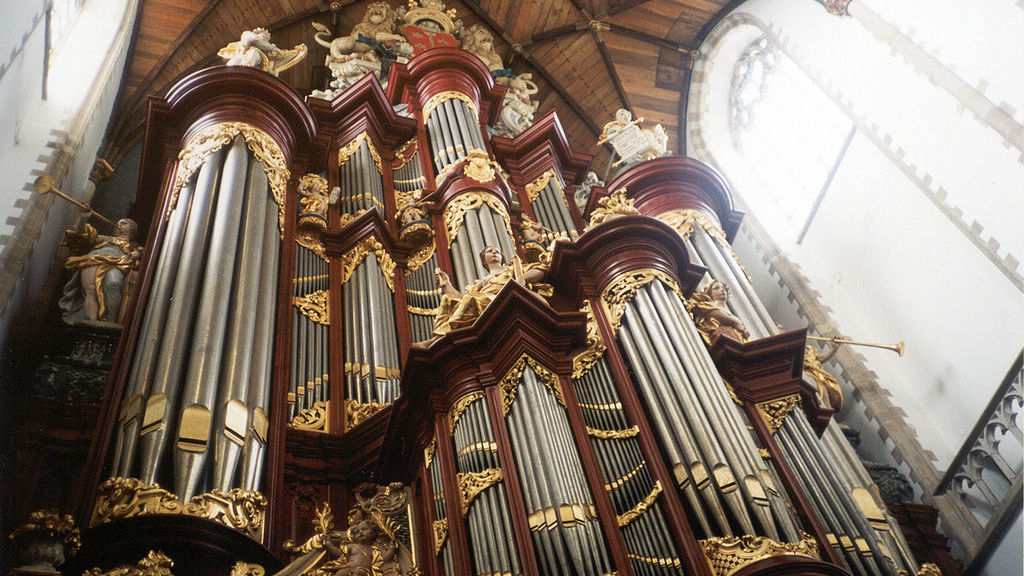Shostakovich’s Second Piano Trio: A Haunting Elegy
Dmitri Shostakovich completed the Piano Trio No. 2 in E minor in 1944, shortly after composing the “wartime” Seventh and Eighth Symphonies. Shostakovich had scarcely finished the first movement when he received word of the sudden death (at age 41) of his close friend, Ivan Sollertinsky, a brilliant musicologist, critic, and artistic director of the Leningrad Philharmonic. For nearly twenty years, Sollertinsky had been one of Shostakovich’s most loyal defenders. His influence included introducing …







